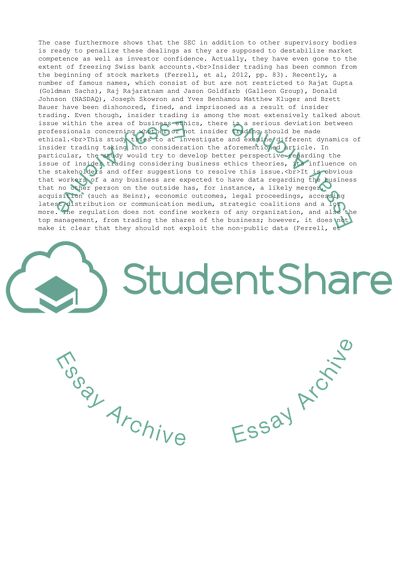Cite this document
(Business ethics Essay Example | Topics and Well Written Essays - 2500 words - 3, n.d.)
Business ethics Essay Example | Topics and Well Written Essays - 2500 words - 3. https://studentshare.org/business/1813968-business-ethics
Business ethics Essay Example | Topics and Well Written Essays - 2500 words - 3. https://studentshare.org/business/1813968-business-ethics
(Business Ethics Essay Example | Topics and Well Written Essays - 2500 Words - 3)
Business Ethics Essay Example | Topics and Well Written Essays - 2500 Words - 3. https://studentshare.org/business/1813968-business-ethics.
Business Ethics Essay Example | Topics and Well Written Essays - 2500 Words - 3. https://studentshare.org/business/1813968-business-ethics.
“Business Ethics Essay Example | Topics and Well Written Essays - 2500 Words - 3”. https://studentshare.org/business/1813968-business-ethics.


